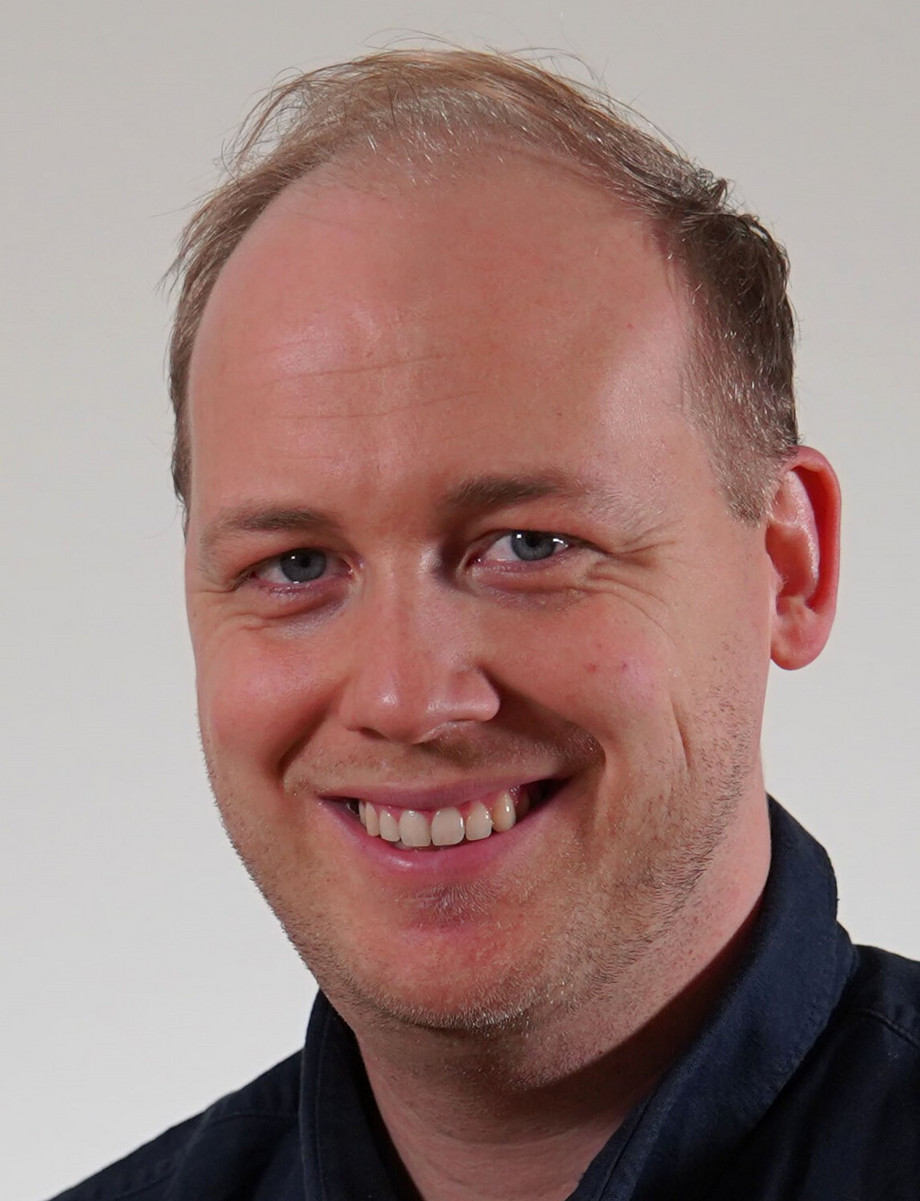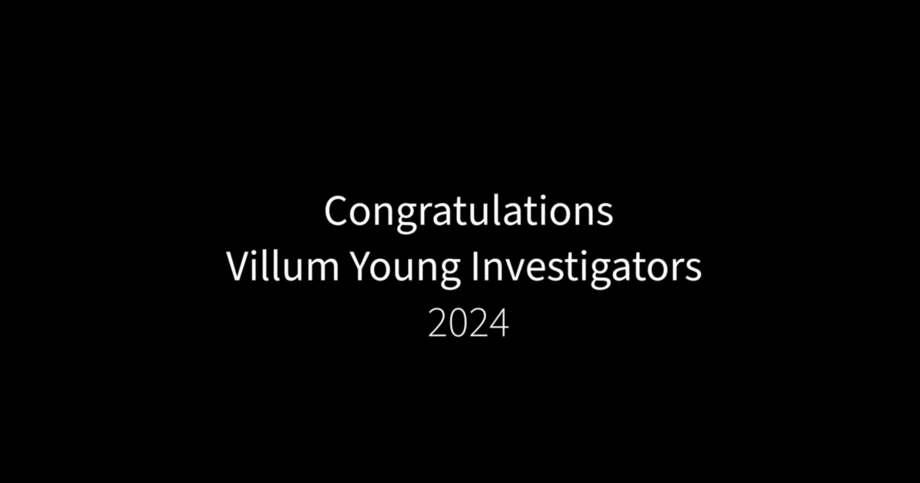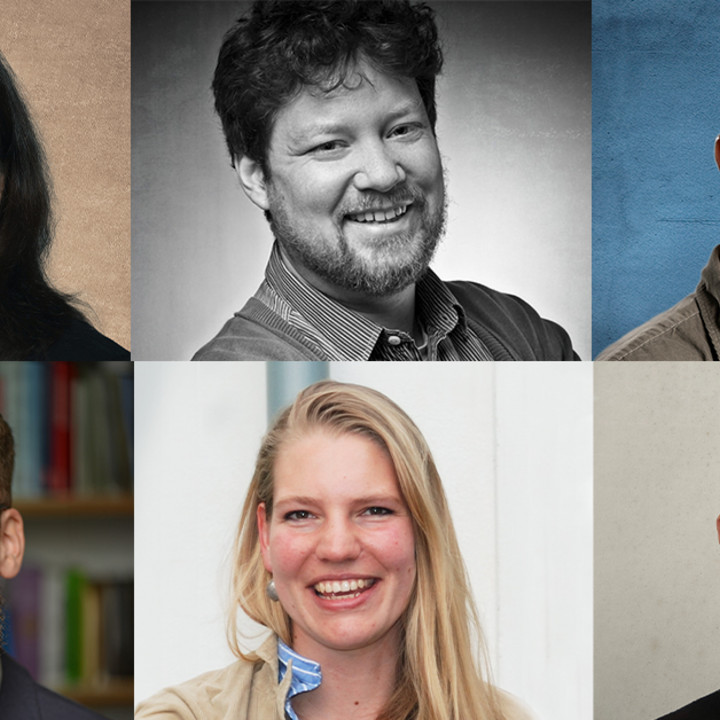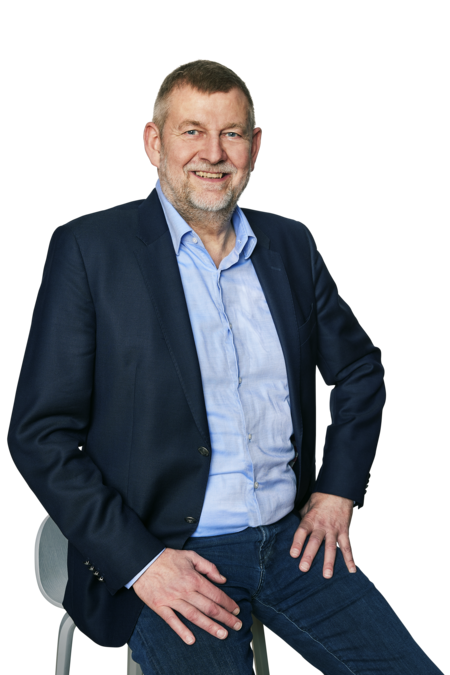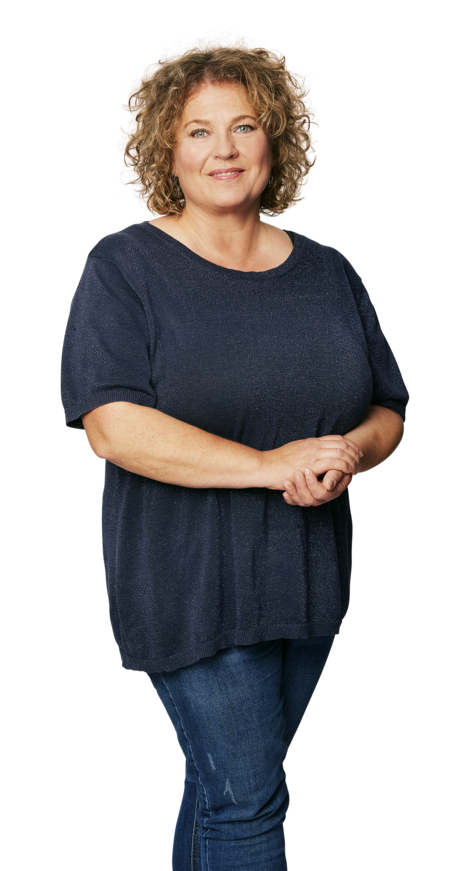From new Power-to-X systems to chatbot plagiarism
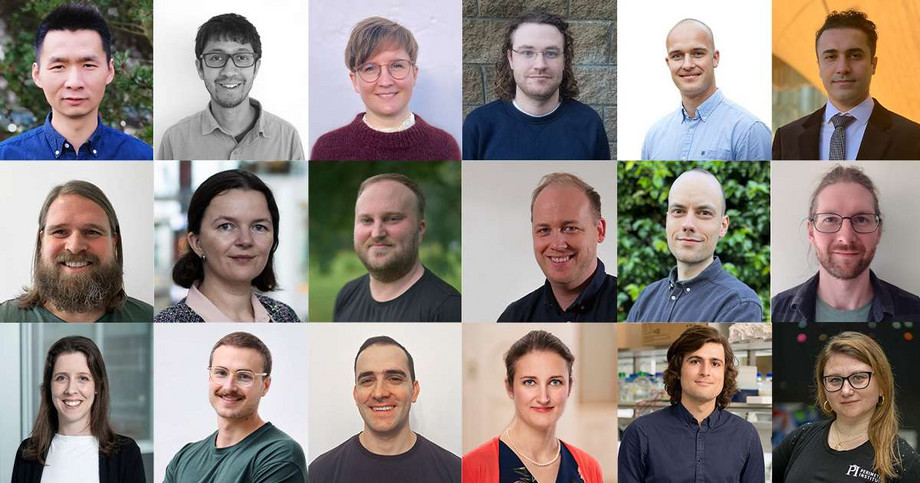
18 young research talents receive grants totalling DKK 132 million from The Villum Foundation's Young Investigator programme. With exciting projects and a grant to back them, they will each build a research team and contribute with excellent research.
Once again, grants from The Villum Foundation will strengthen technical and natural sciences at Danish universities:
“At The Villum Foundation, we work to support universities in creating research environments at a high international level by attracting and retaining talented, young Danish and foreign researchers through our Young Investigator programme. The young researchers will have the opportunity to create an independent profile and pursue the ideas they are most passionate about,” says Thomas Bjørnholm, executive chief scientific officer at The Villum Foundation.
Optimising Power-to-X systems
Eight of this year’s 18 projects revolve around the environment and sustainability. One of the projects focuses on Power-to-X (PtX) systems, which can make hydrogen using electricity from wind turbines or solar cells. The hydrogen can then be converted into green fuel for trucks, planes and ships, for example.
By integrating PtX systems with the district heating network and developing new models for the systems, the young researcher Ali Khosravi from the University of Southern Denmark aims to optimise the production of green fuels. This is much needed, because even though we are getting more and more renewable electricity, we still need liquid fuels in our energy system.
We need to sanity check ChatGPT
Last year, the Danish Language Council named ChatGPT as the word that best characterised 2023. It can write speeches, party songs and adopt a Danish style and tone of voice, if you know how to communicate with it. ChatGPT belongs to the so-called generative form of artificial intelligence that can produce new content from data it has been fed. But it does not specify which sources it bases its answers on, which makes it difficult to sanity check.
With the project, PlagAIrism, Anna Rogers, researcher at the IT University of Copenhagen, wants to develop new methods to identify and list the sources of the data that robots like ChatGPT have been trained with. It will contribute to transparency, reliability and respect for copyright in the development of generative AI systems.
Making the cut
The Villum Foundation received 98 applications for the programme. The 22 researchers who made the cut have been through a process of academic evaluation and interviews with the foundation’s scientific committee, as well as final approval from the board of the foundation.
The gender distribution among applicants was 79% men and 21% women, while the distribution among grantees was 75% men and 25% women.
- The Villum Young Investigator programme focuses on attracting and retaining talented young Danish and international researchers at Danish universities. The aim is to support the development of high-level international research environments in the universities.
- The Villum Foundation first granted funding under the Villum Young Investigator programme in 2011.
- The programme has supported a total of 240 young research talents within the technical and natural sciences with a total grant amount of more than DKK 1.63 billion.
- The recipients are Danish and foreign researchers affiliated with a Danish research institution.
- The programme accelerates the recipients’ research careers: An evaluation has shown that 73% of the researchers who receive a grant subsequently will lead a research group. This applies to only 39% of the researchers who applied, but did not obtain a grant from the programme. Only 30% of the grantees had a permanent position when they applied for funding from the foundation. That number subsequently rose to 65%.
- The Villum Foundation will accept applications for the programme from 21 March 2024.
Meet the 18 Villum Young Investigators
The new Villum Young Investigators represent seven Danish universities: Aalborg University, DTU, University of Copenhagen, Aarhus University, Roskilde University and University of Southern Denmark and IT University of Copenhagen.
University of Copenhagen, Niels Bohr Institute, DKK 9m
Non-perturbative strings, asymptotic safety, and the swampland
Einstein’s gravity and quantum theory are the pillars of modern theoretical physics. Unraveling the mysteries of our universe requires combining the two. This project will use a "mathematical microscope" to map microscopic details of quantum gravity into a set of emergent macroscopic theories. Contrasting the latter with theoretical and observational bounds will yield insights into the fundamental building blocks of nature. The grant allows for the recruitment of a Ph.D. student and a postdoc
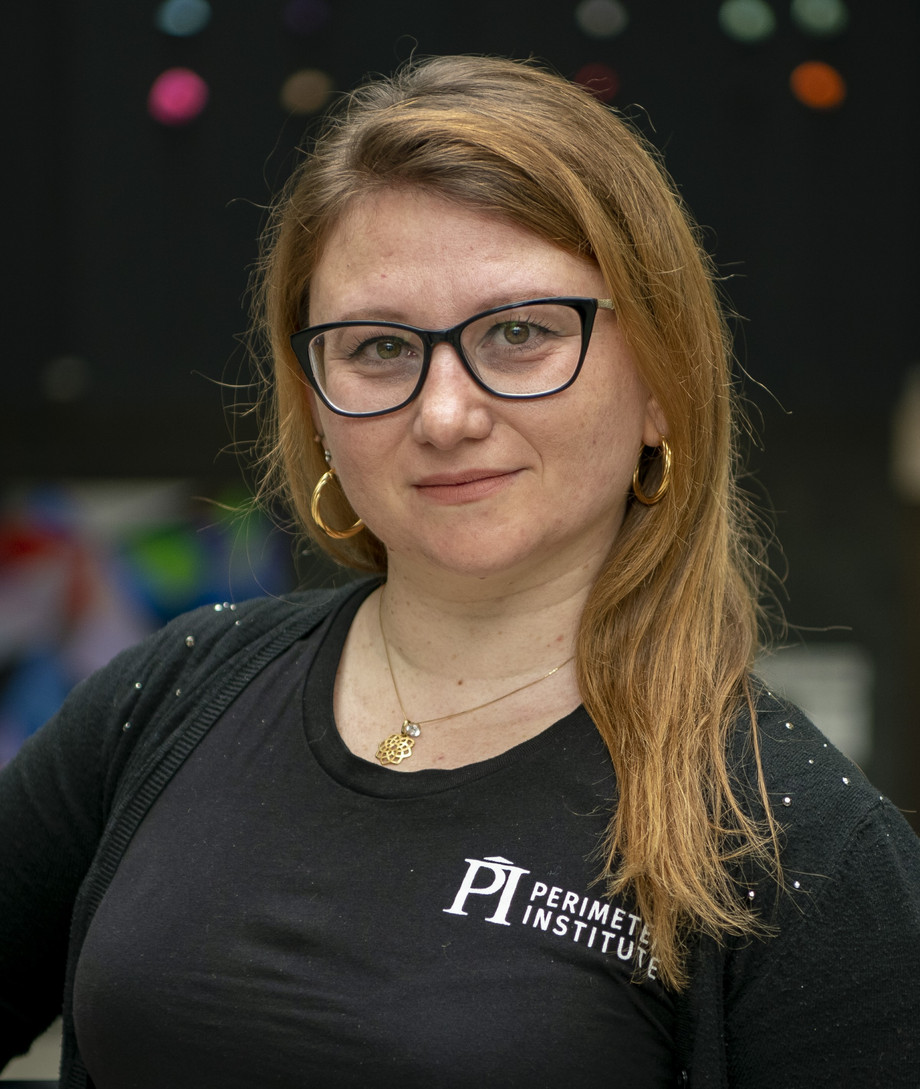
IT University, Department of Computer Science, DKK 7m
PlagAIrism project: getting generative AI to provide references to its training data
The current generative AI systems such as ChatGPT are trained on existing texts, but they do not credit their sources. This project will develop a theoretical framework and novel methods for providing references to training data of large language models, which is a prerequisite to systems that are more transparent, trustworthy, and respectful of the rights of the original content creators. The grant will fund two Ph.D. students, one postdoc, and equipment.
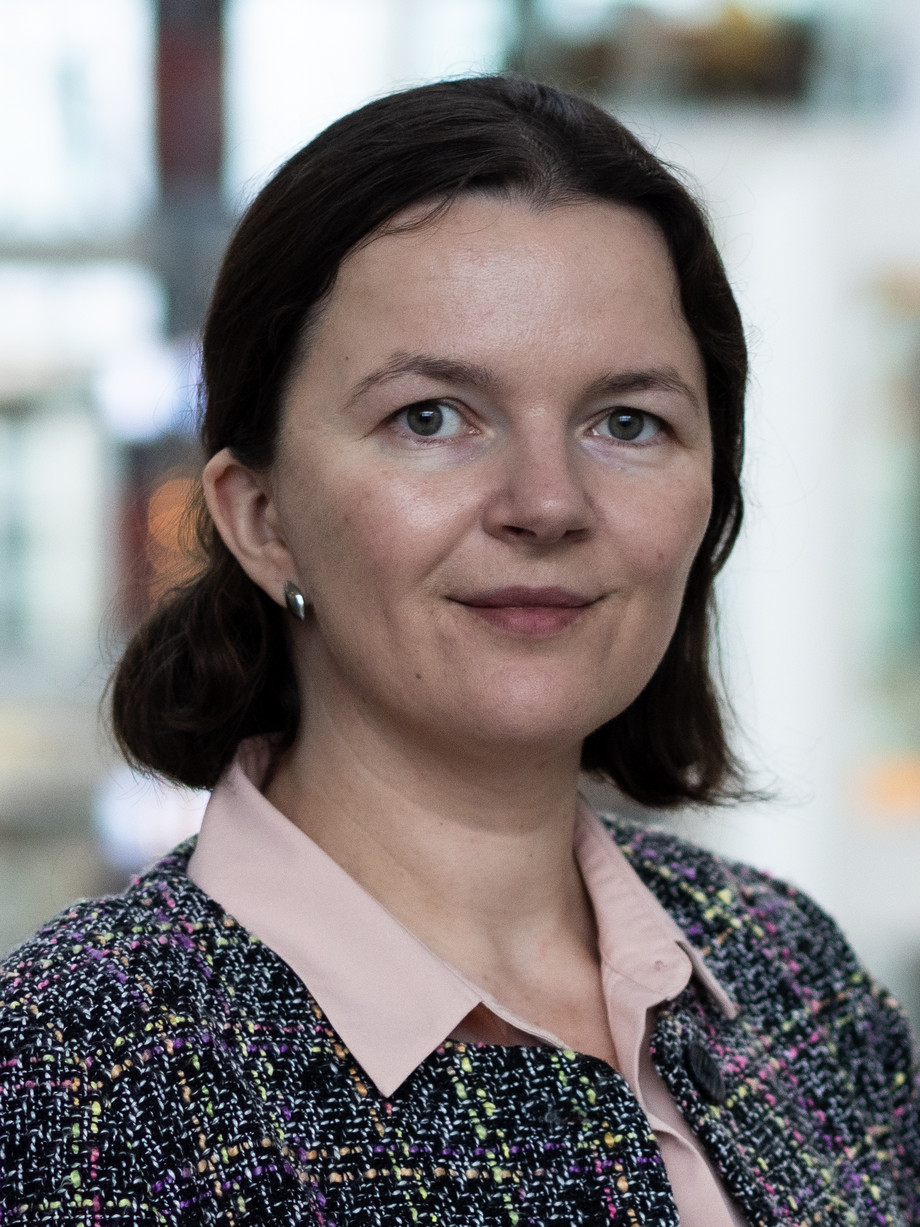
University of Southern Denmark, Department of Mechanics and Electronics, DKK 7m
DDPTX: Deciphering the Dynamics of Power-to-X Systems
This project brings innovation to Power-to-X (PtX) systems, crucial for converting electricity into diverse forms of energy. The project aims to create a model integrating renewable energy, grid, hydrogen, and heating systems, focusing on improving electrolyzer efficiency and PtX economics using innovative business models. It employs Artificial Intelligence to enhance decision-making in complex PtX systems. The grant will support the recruitment of two Ph.D. students, two postdocs, and equipment.
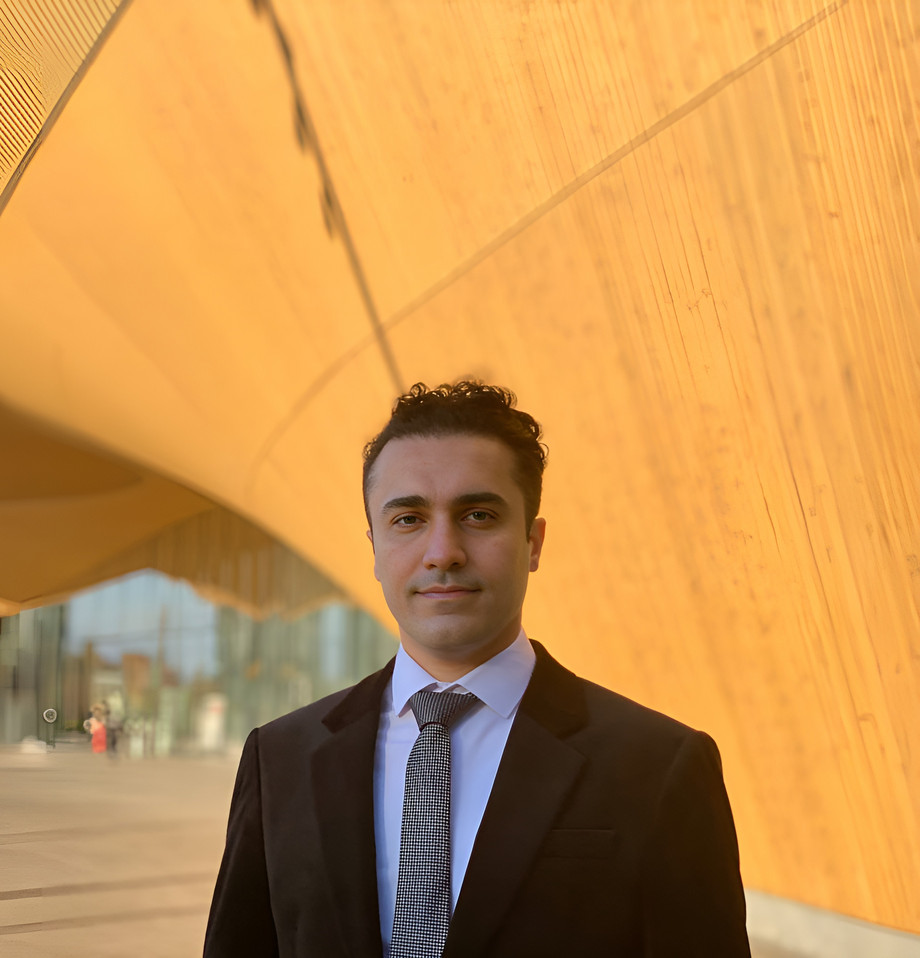
University of Copenhagen, Niels Bohr Institute, DKK 9m
Global Categorical Symmetries and Phases of Quantum Matter
Symmetries play a fundamental role in the quantum world. Recent years have seen a paradigm shift in the understanding of symmetries, unraveling new and vastly generalized symmetries known as global categorical symmetries. This project aims to advance the understanding of symmetry in quantum systems and explore its implications for quantum matter. The grant will fund two Ph.D. students and one postdoc.
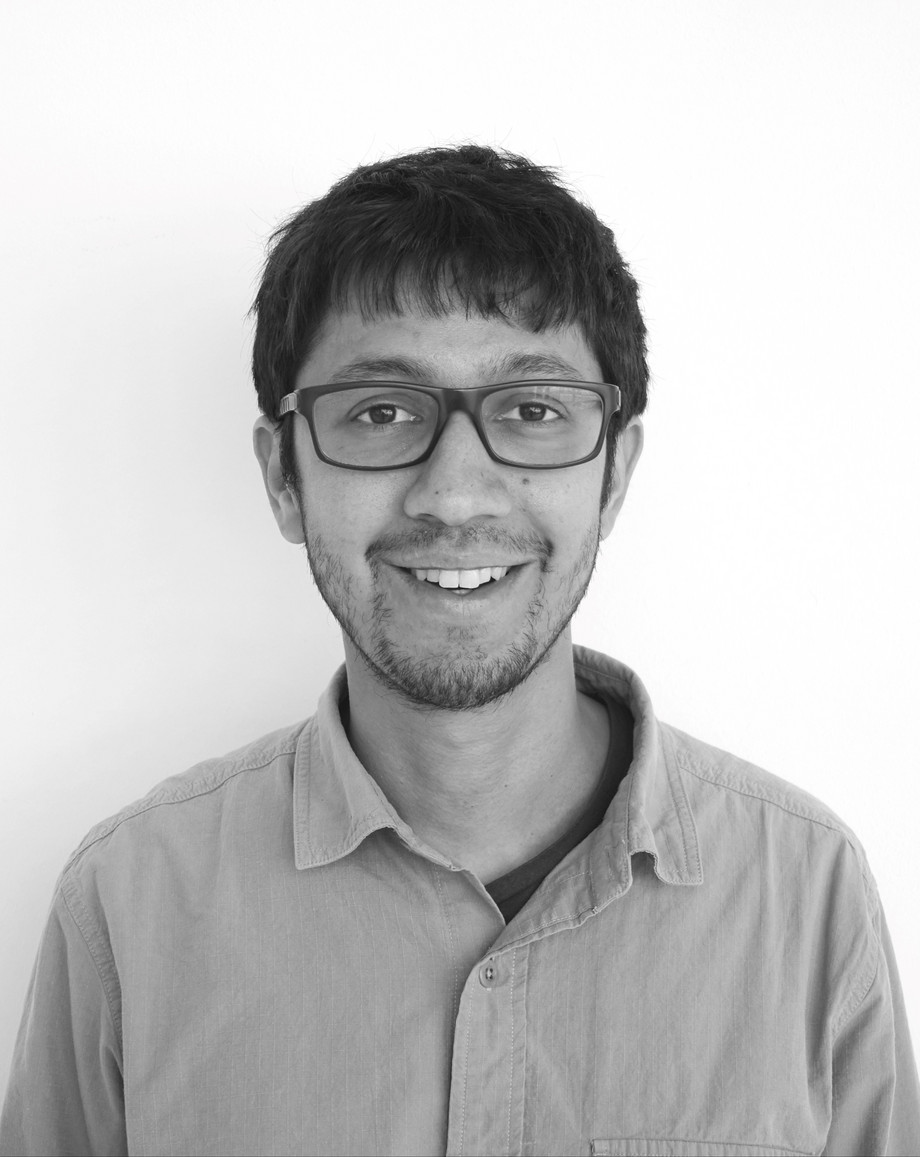
Technical University of Copenhagen, DTU Bioengineering, DKK 7m
REGENZYME: Mastering regioselectivity in enzymatic synthesis
In enzymatic synthesis of carbohydrates, regioselectivity is the key to obtaining products of the desired structure. Defined carbohydrates are crucial in cell communication, therapeutics, beneficial foods, and future biomaterials. This project will investigate the regioselectivity of a wide range of enzymes and combine several methods to understand the enzyme-carbohydrate interactions that determine regioselectivity at molecular level. The grant funds one Ph.D. student and two postdocs.
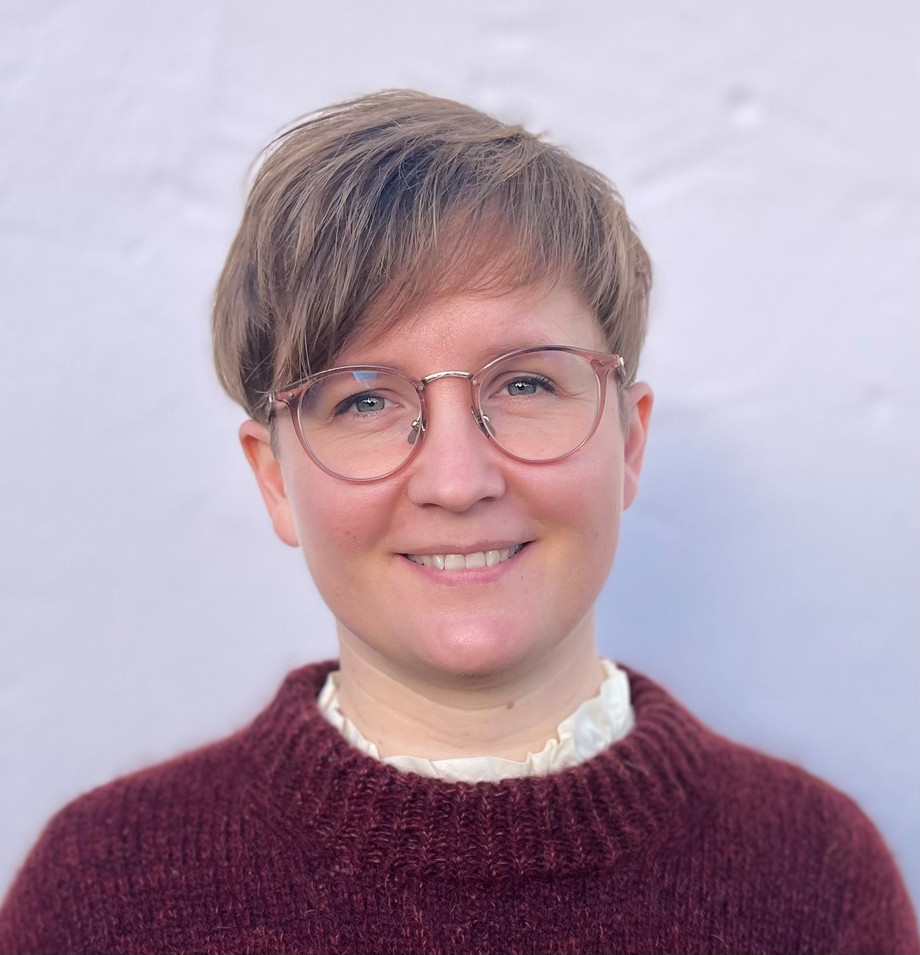
Aalborg University, Department of Chemistryand Bioscience, DKK 7m
CArBiVoRe: using Bacteria, Archaea and their Viruses to Assess Peatland Health and Predict Restoration Success
Peatlands are important global carbon stores. Most Danish peatlands have been drained for agriculture, resulting in a carbon dioxide release, but restoration can also result in methane production. Microorganisms are responsible for producing these greenhouse gases. This project will use microorganisms to assess the health of the peatland and the microbial community response to rewetting. The grant will fund a postdoc, a Ph.D. student, experiments, and international exchanges.
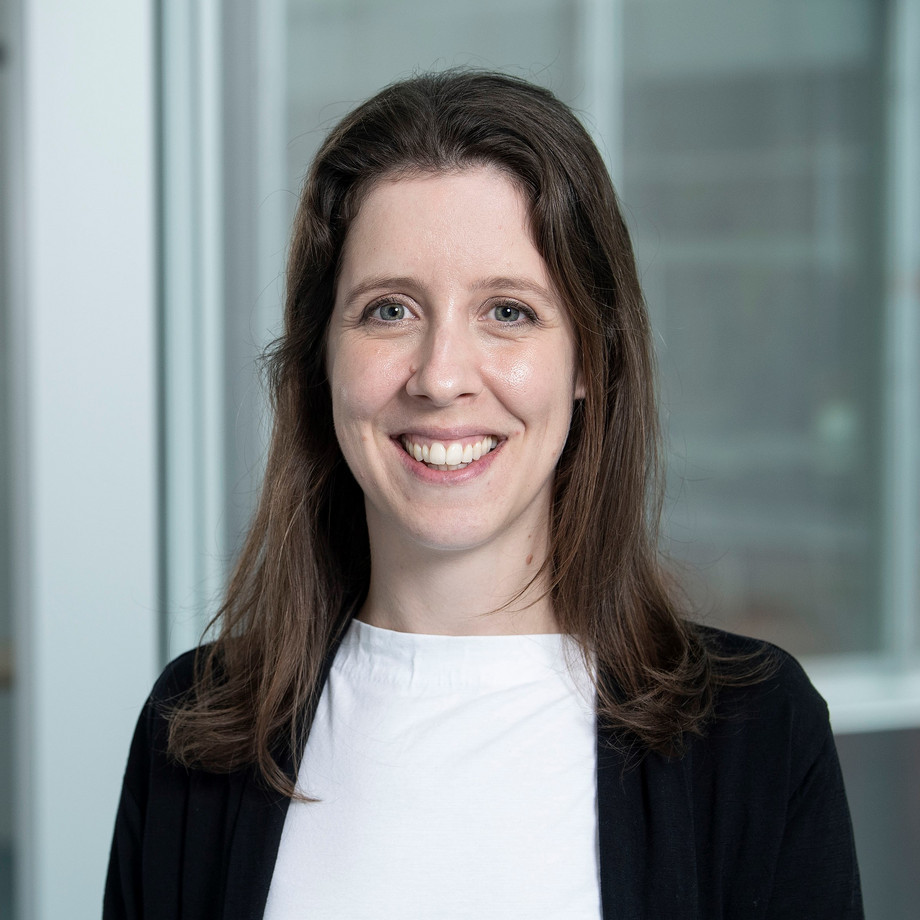
Aarhus University, Department of Biology, DKK 7m
Cellular Function at Respiratory Extremes
Oxygen supply and waste product removal are crucial for cellular function. However, the fish retina operates under proton and oxygen levels ten times higher than in other tissues, which would kill most other animal cells. This project seeks to identify the cellular defense mechanisms that allow the fish retinal cells to function in these extreme conditions, which will push our understanding of the limits of cellular life. The grant will allow the recruitment of two Ph.D. students and one postdoc.
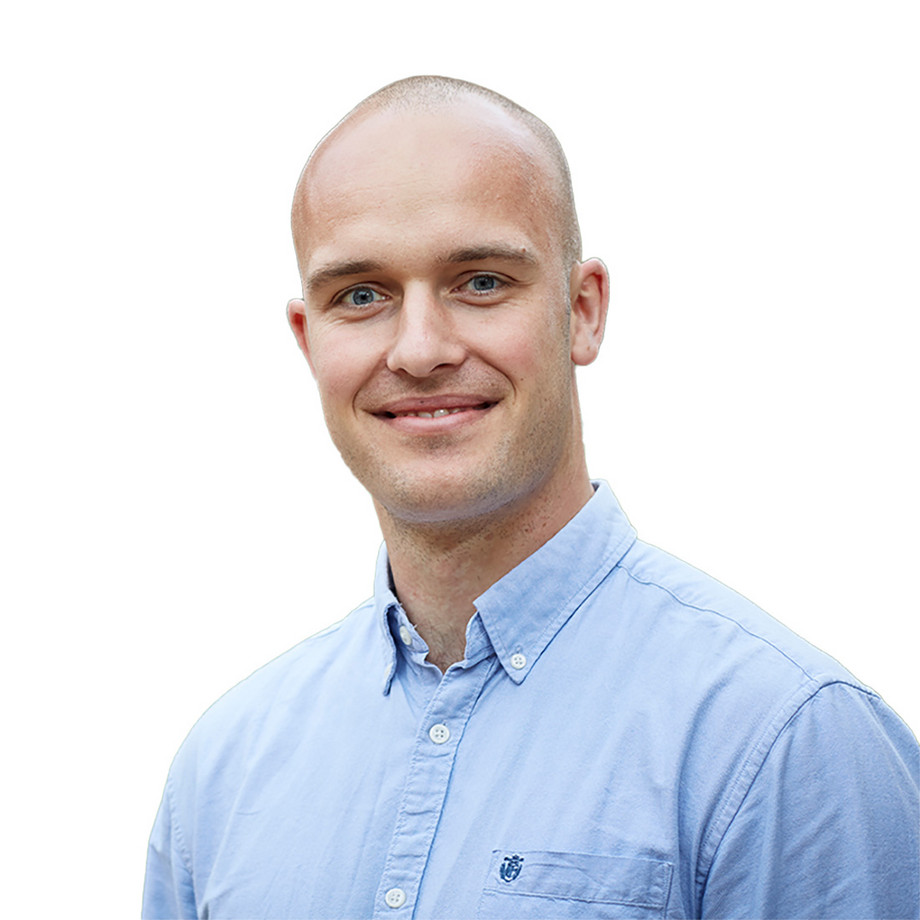
Aarhus University, Department of Agroecology, DKK 7m
Lessons from nature: untapping the full potential of crop root microbiomes
Microbes have profound effects on plant growth. Plants have also been shown to have many methods to manipulate the microbes they interact with (microbiomes). In this project, we will investigate the co-evolution between plants and their microbiomes. We aim to prove that crops that cultivate better microbiomes can be bred, which can be exploited to make agriculture more green. The project will allow for the recruitment of two Ph.D. students.
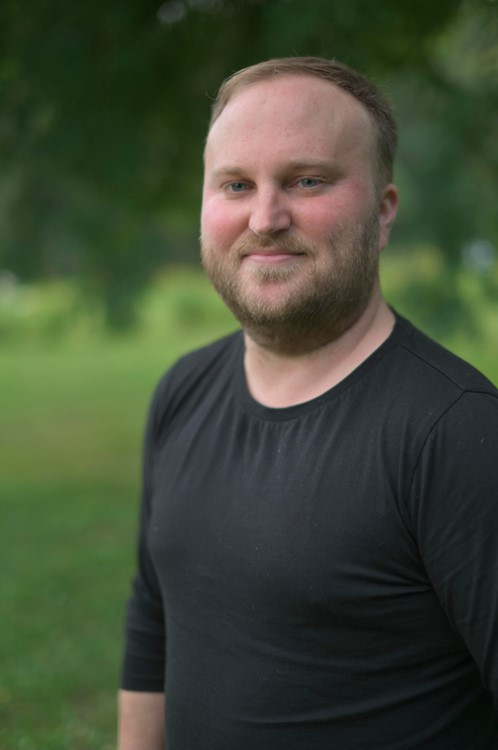
Roskilde University, Department of Science and Environment, DKK 7m
Greenhouse gas dynamics in seagrass meadows in the Anthropocene
Seagrass has a high carbon burial capacity. Yet, the fate of carbon in seagrass meadows is not well described. In this project, I will unravel how leaf epiphytes (algae and bacteria) affect the seagrass ecosystem function as a greenhouse gas sink and the greenhouse gas production under environmental stress. Such knowledge is important to optimize the beneficial role of seagrass habitats. To achieve this, I will assemble a group consisting of one Ph.D. student and two postdocs, as well as purchase new equipment.
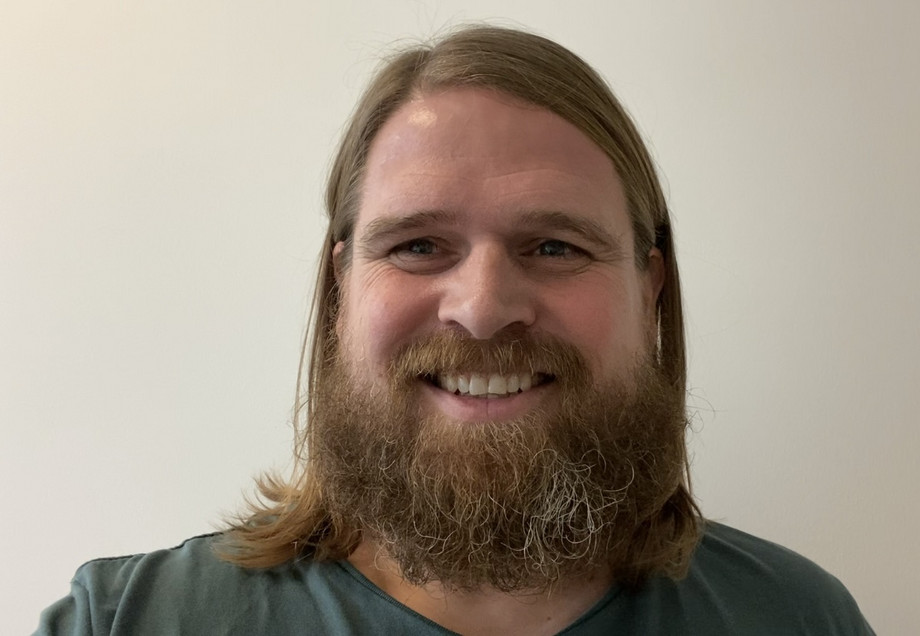
Aalborg University, Department of Sustainability and Planning, DKK 7m
A Novel Synergy of Physics-based and Data-driven Methods for Reliable Hydrological Predictions under Changing Climate
Improving predictions of extreme hydrometeorological events is essential for reaching sustainable goals under climate change. To meet this demand, I will develop novel frameworks to combine ensembles of hydrological models with various satellite and in-situ Earth observations through physics-based calibration/assimilation and data-driven methods. This project will provide new scientific insights into processes that lead to floods and droughts. The grant will fund two Ph.D. students and one postdoc.
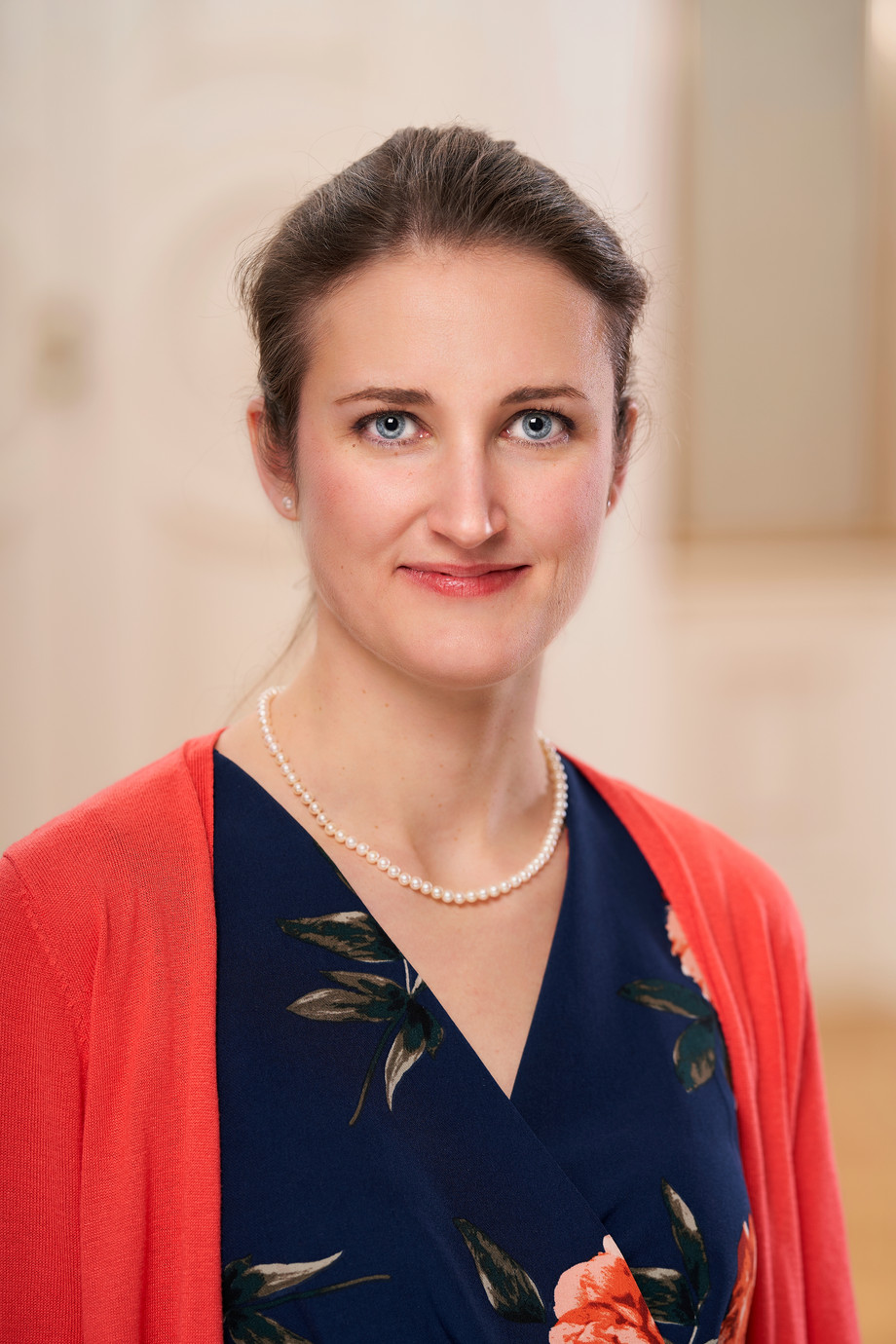
Aarhus University, Department of Chemistry, DKK 7m
De novo design of photoactive proteins
Photoactive proteins are important light-responsive tools for basic science and biotechnology. Existing examples of these tools such as fluorescent proteins, light-controlled protein switches, and photoenzymes have been derived from natural proteins. We will use recent advances in computational protein design to create new artificial photoactive proteins with functions beyond those found in nature. The grant will fund the recruitment of one Ph.D. student and one postdoc as well as new equipment.
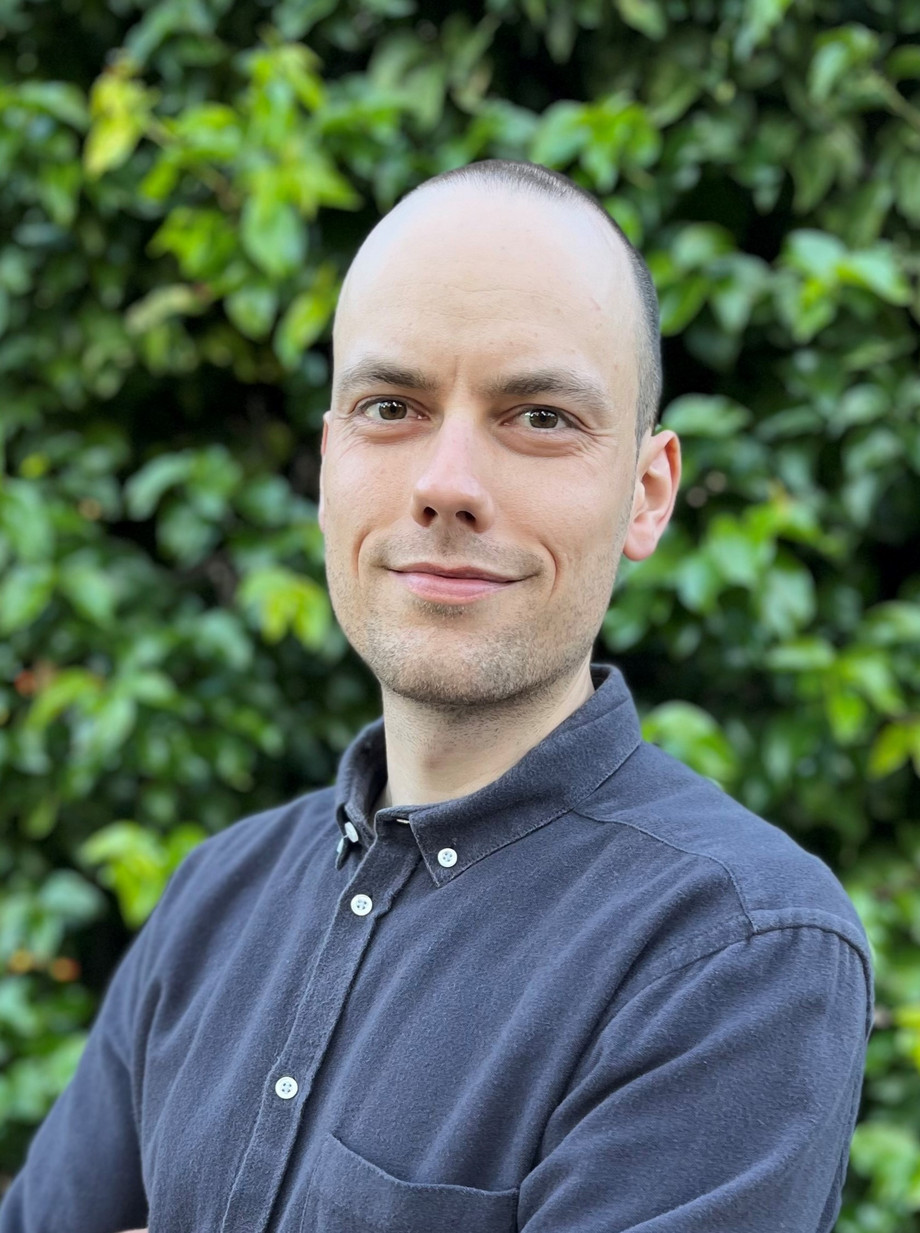
Aarhus University, Department of Molecular Biology and Genetics, DKK 9m
Unravelling the Structure and dynamics of chromatin repair
DNA damage leads to aging, neurodegenerative diseases, and cancer. Despite progress in identifying repair factors, we do not fully understand how they act in the three-dimensional context of DNA (chromatin), and why their disruption leads to disease. Using structural biology, our group aims to unveil the structure and dynamics of DNA repair complexes on chromatin. Our goal is to provide mechanistic insights essential for developing effective prevention and therapeutic strategies in the future. The grant will allow the recruitment of one Ph.D. student and one postdoc.
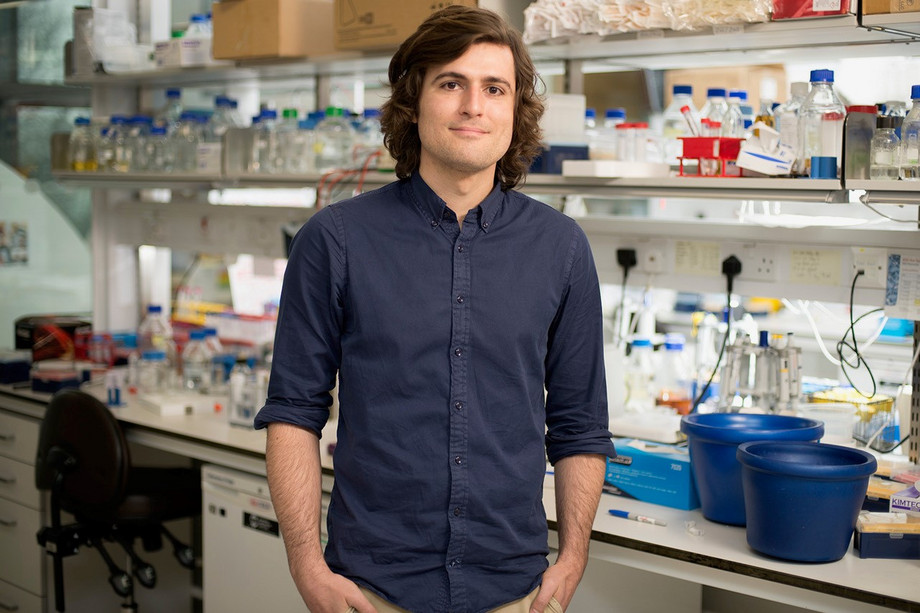
Technical University of Denmark, DTU Aqua, DKK 7m
Challenging the fish growth paradigm in a changing climate
How much fish will there be in the future oceans? And how much of these fish can be harvested by fisheries? This project will investigate what types of fish growth strategies are successful across various marine regions and how this may change in the coming decades. We will do this by integrating observational data of fish growth, morphology, and physiology with mathematical models to simulate potential future trends. The grant will fund the recipient, one Ph.D. student, and one postdoc.
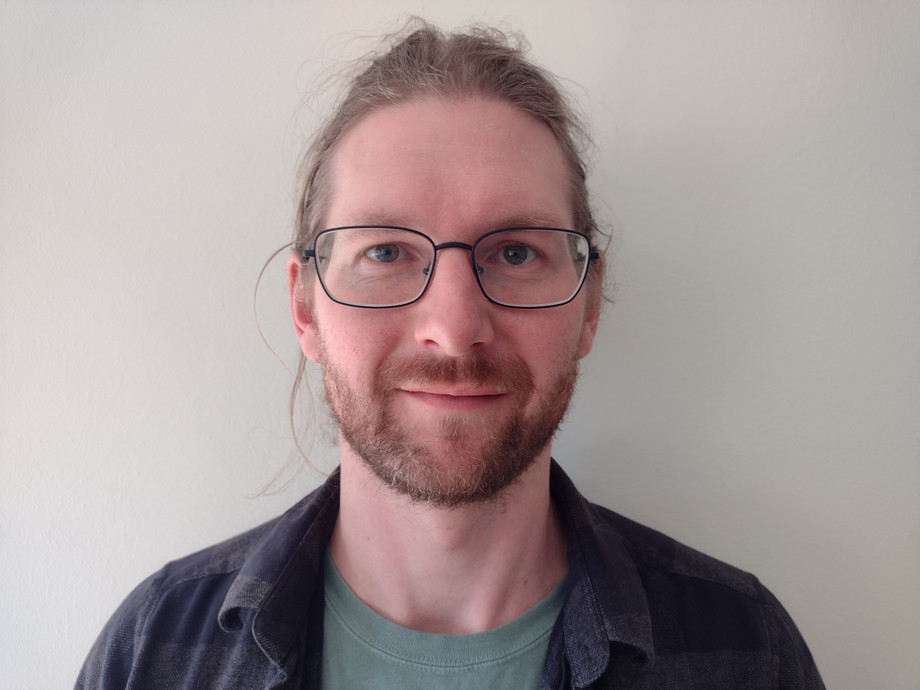
University of Copenhagen, Department of Biology, DKK 7m
DISCOVIR: DISCOvery of anti-VIRal defense mechanisms in bacteria
All living organisms fight viral infections. This project will investigate how bacteria defend against their viruses using laboratory experiments and computational methods. Our findings will have important implications for discovering new molecular biology tools, developing treatments for antibiotic-resistant infections, and advancing our understanding of immunity in humans and other organisms. The funding will support the recruitment of a postdoc and a Ph.D. student
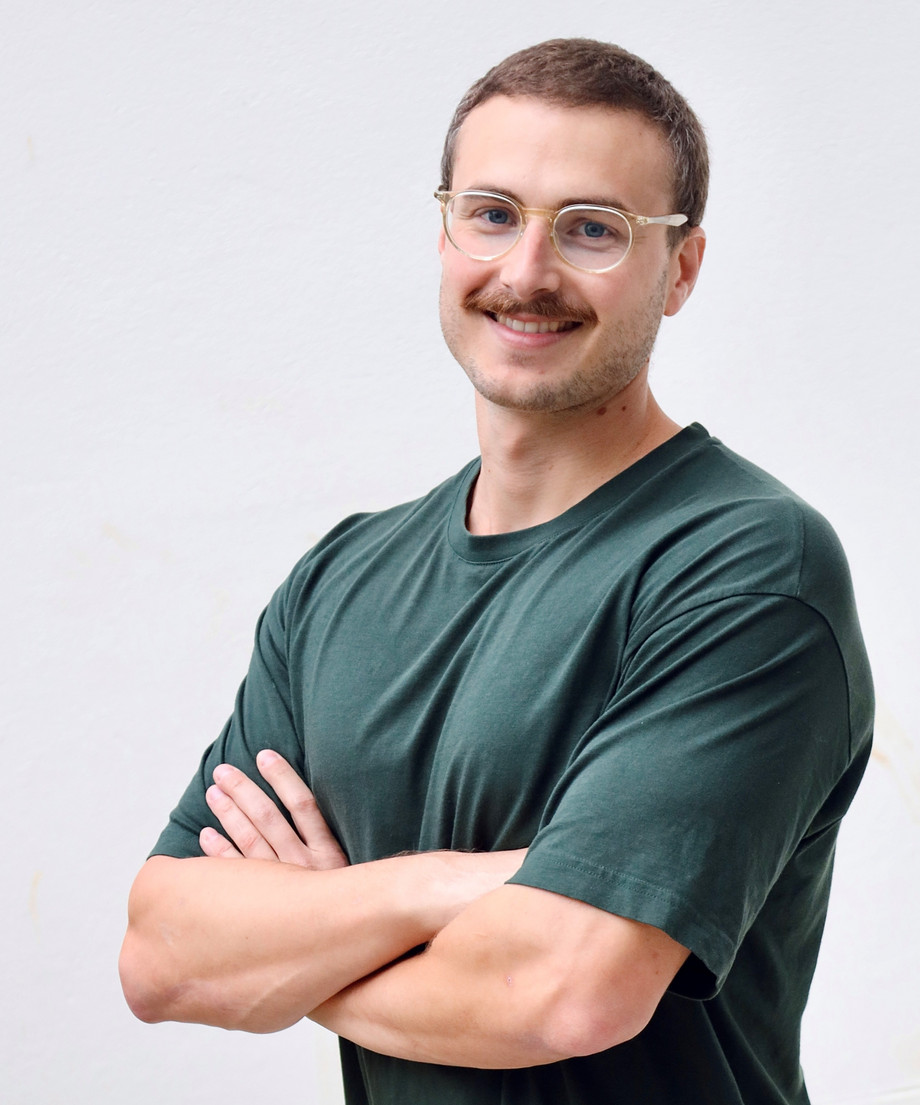
University of Copenhagen, Department of Mathematics, DKK 7m
Computational frameworks for homotopy theory
This project will investigate the interface between homotopy theory, a relatively young subfield of mathematics where geometric objects are considered up to continuous deformation, and computer science. We will study the computability and computational complexity of the basic operations of homotopy theory, and then build systems for performing fast calculations in homotopy theory. The grant will fund two Ph.D. students and one postdoc.
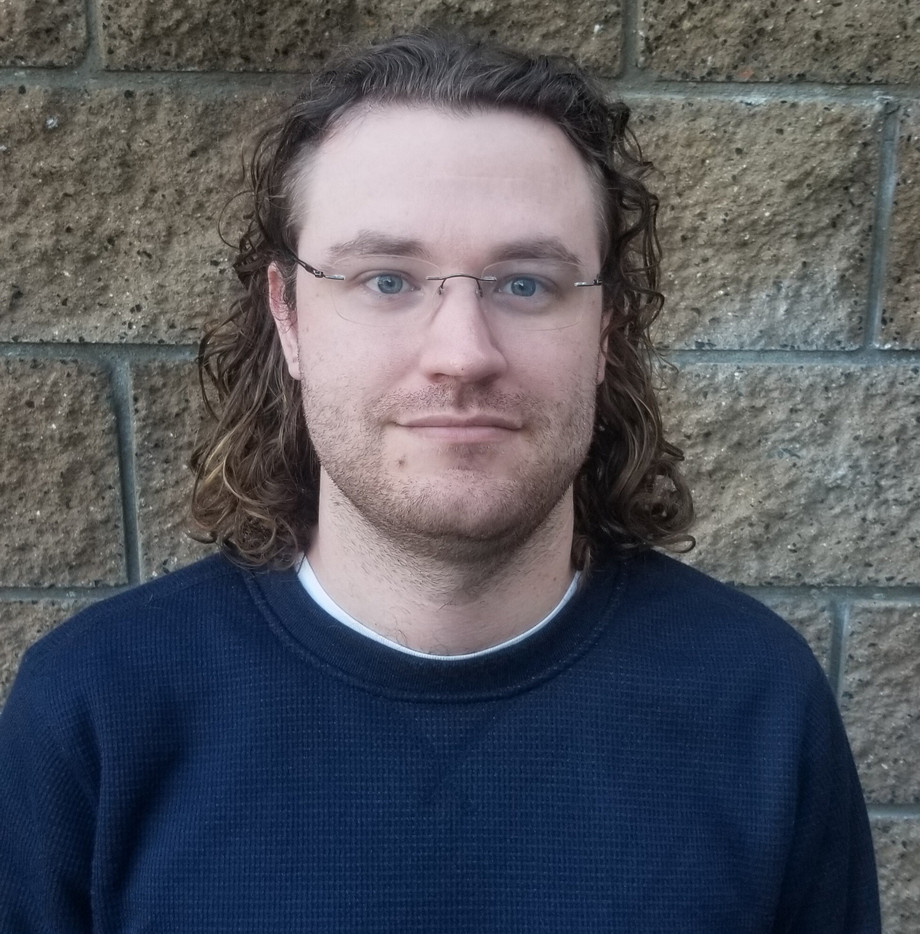
University of Copenhagen, Niels Bohr Institute, DKK 7m
Many-body physics and quantum computing with photons
Devices that exploit the laws of quantum physics provide fundamentally new ways to process information. As technological progress brings quantum systems at the scale required for quantum computing closer, their unexplored rich physics become accessible. This project will develop a photonic platform to construct complex quantum systems and explore their physical properties. It will investigate large-scale photonic systems based on quantum emitters generating millions of photons per second. The grant will support the recruitment of two Ph.D. students.
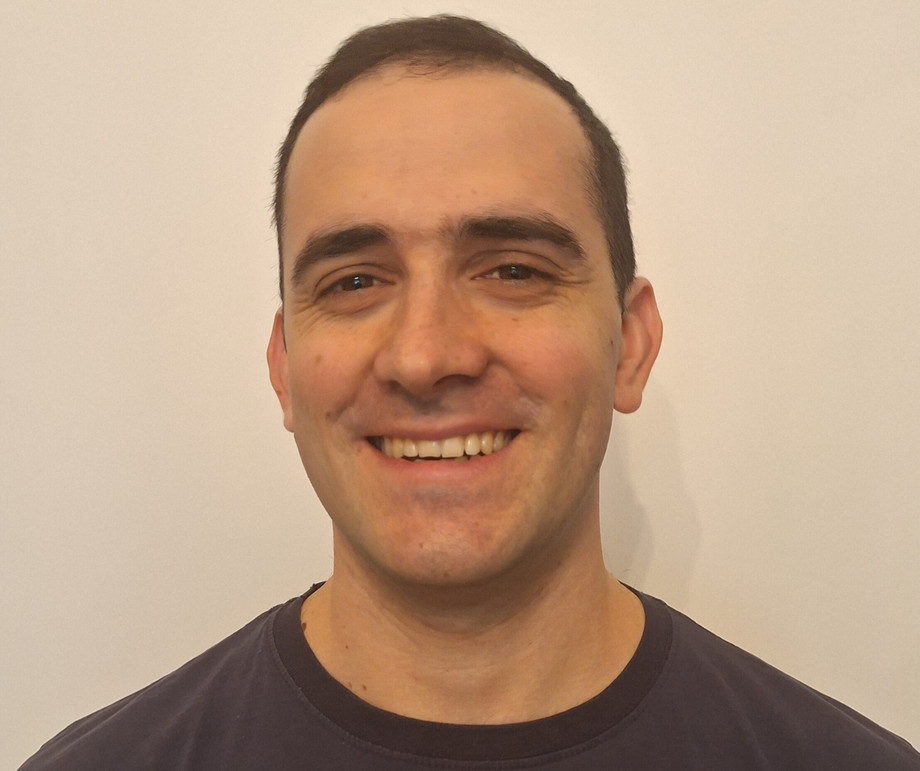
Tecknical University of Denmark, DTU Energy, DKK 7m
Electrocatalysts with 3D active sites (CAT3D).
Electrocatalysts are essential materials for producing fuels and chemicals through electrified chemical processes, known as Power-to-X. In CAT3D, we aim to overcome the fundamental limitation of traditional catalyst structures by investigating three-dimensional active sites with a minimum of two binding sites arranged in a three-dimensional structure, which offers the potential of discovering supreme catalyst structures. The grant will support the recruitment of one Ph.D. student and two postdocs.
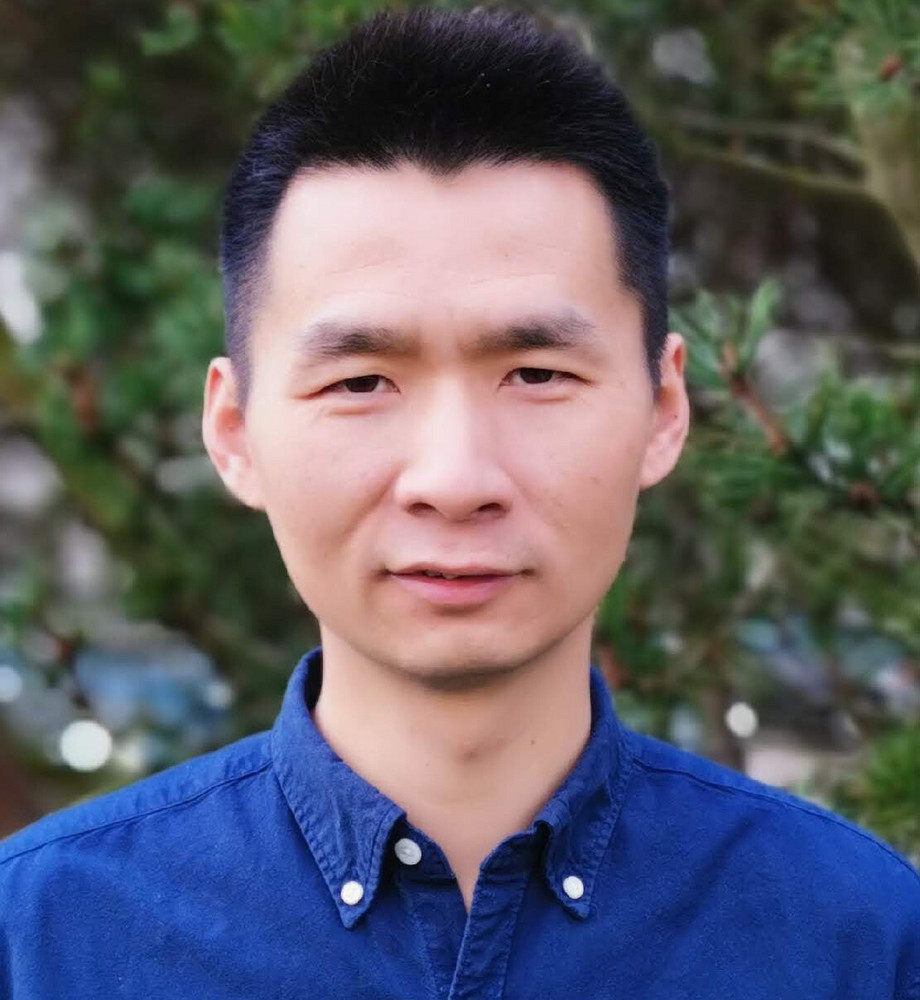
Aarhus University, Department of Mathematics, DKK 7m
Effective Testing in Complex Geometry
The project will pioneer a new strategy to test the solvability of geometric partial differential equations in practice, reducing abstract and often impossible-to-test theoretical criteria to concrete conditions that for the first time can be widely tested using a computer. As an application, we will strive to theoretically deepen our understanding of complex geometric shapes generalizing those arising from Einstein's field equations in physics. The project will fund two postdocs and one Ph.D. student.
